When do you pay Deductible Car Insurance?
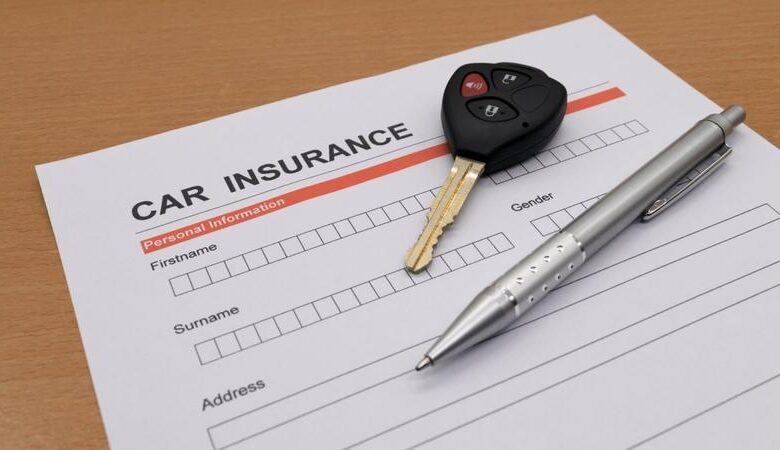
Deductible car insurance is money that you pay from your pocket before the insurance company settles your claim. It’s not always the case that you’ll be paying a deductible for insurance claims, which leaves many car owners confused. Terms of insurance can sometimes be complicated, and today you’ll get the answer to the question of when you pay deductible car insurance.
Comprehensive and collision car insurance attract deductibles
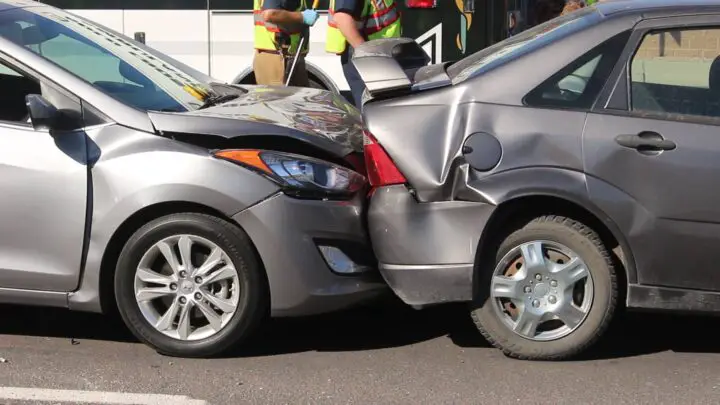
Deductibles apply to collision and comprehensive car insurance covers. If you have collision coverage, it means that your car is covered for damage in case of a crash, even if you are at fault. It’s optional, but it gives car owners the assurance that their vehicle will be repaired or replaced. The advantage is that it covers damage from a collision with the ground or any other object such as a tree. On average, car owners pay about 10 to 20% more on their existing policy.
On the other hand, comprehensive car insurance provides coverage for damage that results when the car is not in motion, such as when you have parked it outside, and a tree falls on it. You’re also covered against damage by riots, vandalism, fire, theft, and falling objects.
Both comprehensive and collision car insurance coverages attract deductibles, which means that the insurance company doesn’t cover you fully for your loss. They will also require you to cater for a percentage of the costs.
Typically, you’re covered for your vehicle’s actual cash value, and insurance companies will determine its value when you renew your policy based on things such as its mileage, age and market price.
How much am I going to pay as a deductible
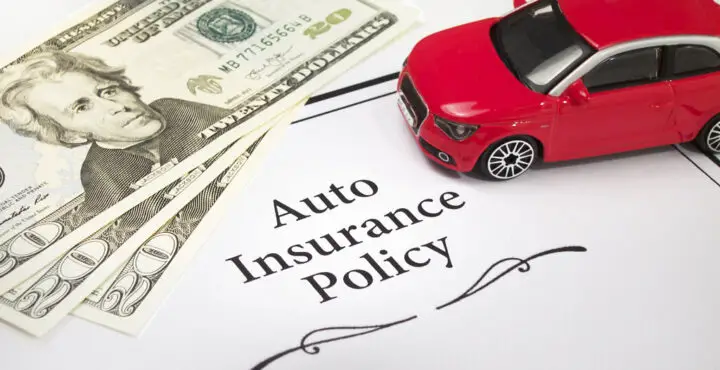
It depends on your car insurance policy, but the higher the deductible, the lower your premiums. Typical deductible amounts range from $250 to $2000. So, it means that before you file the claim, you have to pay the deductible. For instance, if your windscreen is damaged by a falling tree and your deductible is $300, you need to pay it first before the car insurance company can process the claim. And if it costs $200 to replace it, it’s not sensible to request compensation.
If you don’t like your current insurance rate or policy, consider shopping for other insurance plans. Consider insurance brokerages in Canada such as Surex to find the best rates. So, when do you pay the deductible on car insurance?
No-fault insurance system vs. the traditional coverage

Nova Scotia, Quebec, Ontario, New Brunswick, and PEI have fully adopted the no-fault insurance system. It differs from the at-fault traditional system when it comes to filing for claims. So, how do they differ? Well, for the traditional system, if the fault for the accident falls on another driver, it’s their insurance company that pays for damages to your vehicle under general liability third-party coverage. If you were at fault under the traditional coverage, your insurance company would only pay for damages to your vehicle if you had collision coverage. If not, you don’t receive any compensation.
Under the no-fault insurance system, if another driver is at fault for an accident, it’s your own insurance company that pays for damages to your vehicle. If you’re at fault and have collision insurance, your insurance company pays for damages to your vehicle, but they will require you to pay the deductible. If you’re not at fault for a collision, you may be entitled to 100% compensation by the insurance company without any deductibles.
The no-fault insurance system applies when the drivers involved are from provinces that have adopted the no-fault system. What is the status of the system in other provinces?
According to the Insurance Corporation of British Columbia, British Columbia plans to move to a full no-fault insurance model beginning from 2024. Most people in Saskatchewan have no-fault insurance provided by the SGI with the option for Tort compensation. For Alberta and Newfoundland and Labrador they still have an At-fault system. In Quebec, no-fault insurance applies for bodily harm, whether the person who sustained the injuries caused the accident or not.
Why is the no-fault insurance system used?
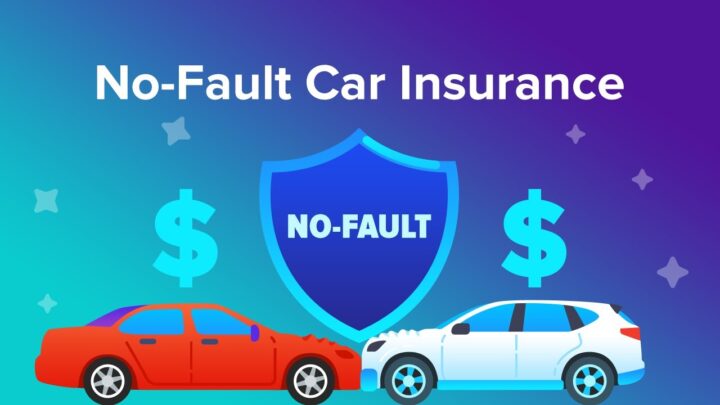
It provides insurance companies with a systematic way of identifying who was at fault following known accident scenarios and based on the Highway Safety Code rules. When shopping for insurance, no-fault will be described as Direct Compensation Property Coverage or the Direct Compensation Agreement in Quebec.
Sometimes, both parties are at fault for an accident, or no one can be found to have caused the accident.
The essence of the no-fault system was to streamline the process of filing for insurance claims and reduce the number of times drivers had to sue for compensation. They now receive compensation directly from their insurance companies.
What if the accident involves drivers from states or provinces that don’t have the no-fault insurance system, for instance, when a driver from Ontario is involved in an accident with a US driver? In this case, compensation will follow the at-fault system.
Zero deductible car insurance and full glass protection
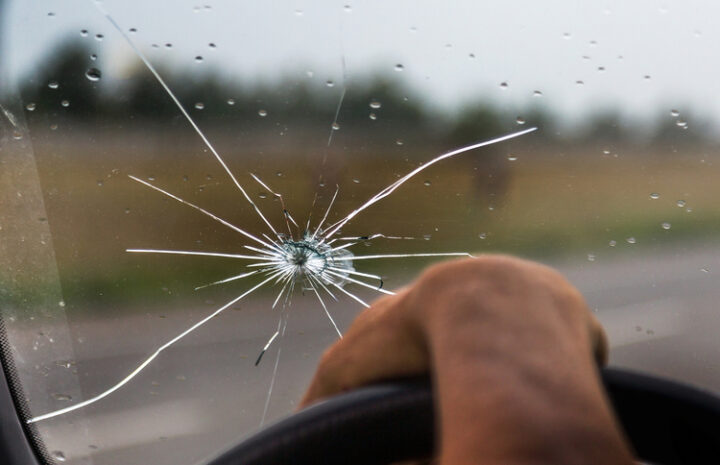
Is there any way not to pay deductibles for comprehensive coverage plans? Some companies offer zero-deductible car insurance plans for All Perils. If you want protection for a damaged windscreen without the need to pay a deductible, you will also find insurance companies that provide an add-on called “Full Glass coverage.”
Bottom Line
So, when do you have to pay car insurance deductible? Well, if your insurance policy has the option to pay the deductible, and you’re at fault during a collision, you’ll be paying a deductible.
